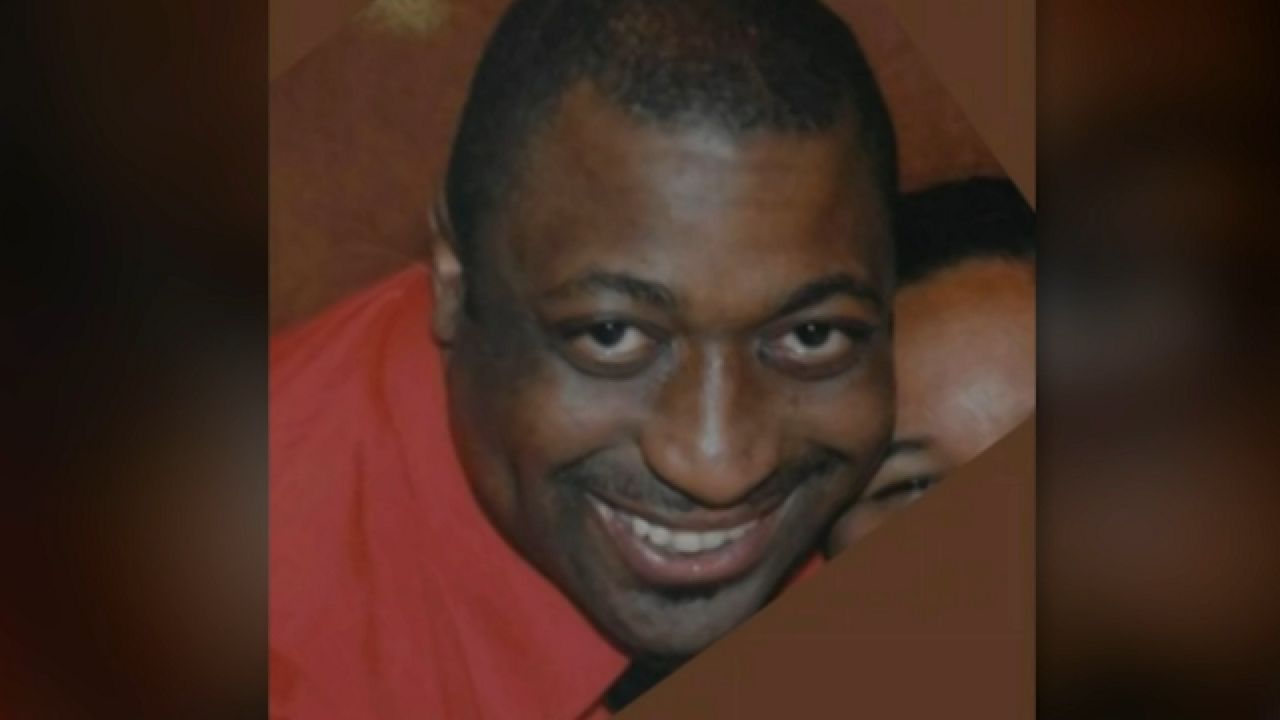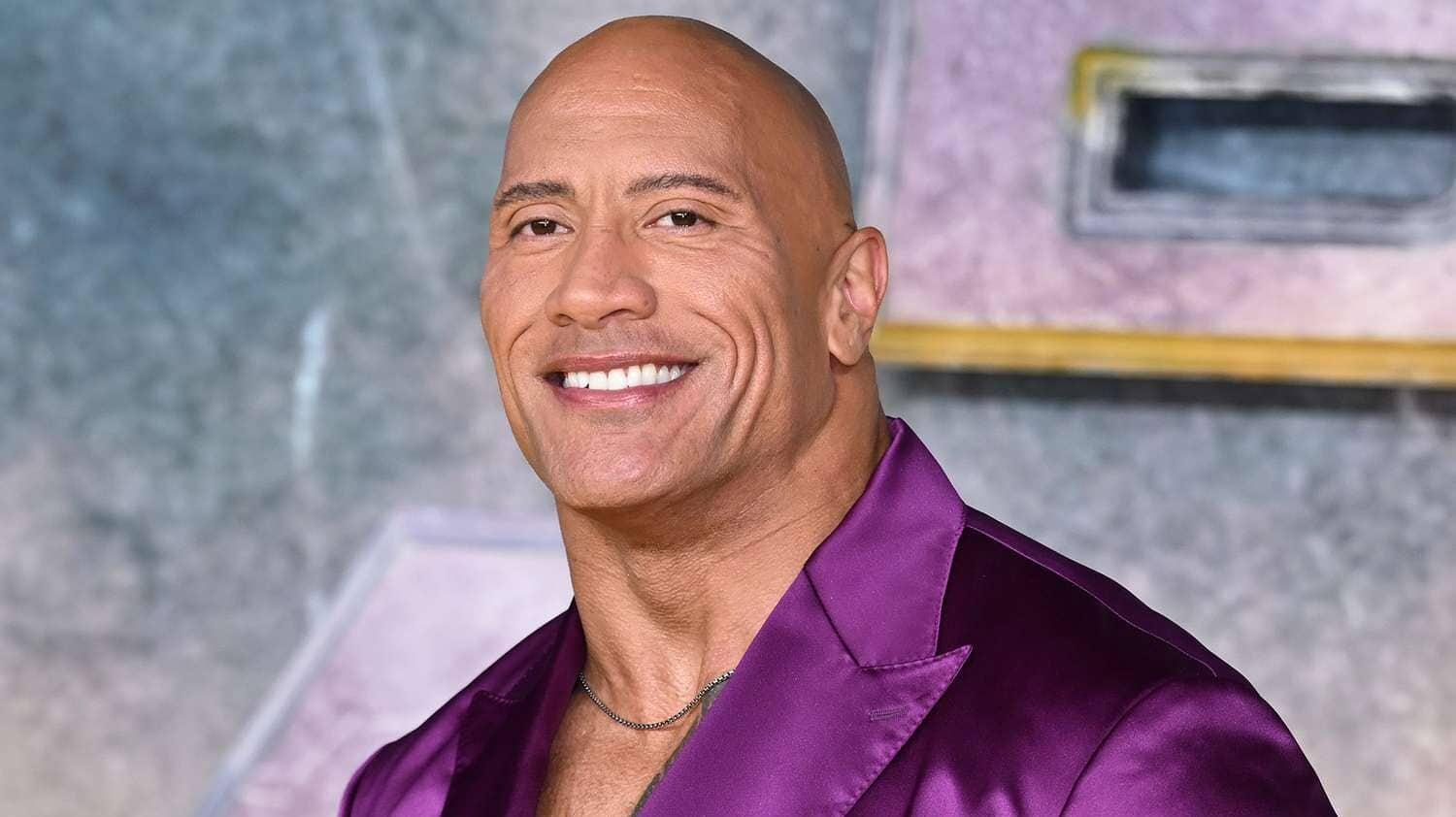Ten years after Eric Garner’s death

The death of Eric Garner at the hands of police and the protests that followed became a crucial test for new mayor Bill de Blasio, who pushed for police reform in his department.
“Over the last decade, we have seen tremendous efforts by the NYPD to return to its roots of community policing,” Jillian Snider, an adjunct professor at John Jay College, told NY1.
What you need to know
- Eric Garner was killed by police 10 years ago when he was arrested for selling untaxed cigarettes on Staten Island
- His death sparked calls for police reform and fueled the protests of the Black Lives Matter movement
- Ten years later, the department has introduced new training, but other changes took a long time to implement
Snider was a police officer with the NYPD at the time of Garner’s death and is now policy director for criminal justice and civil rights at the R. Street Institute.
She cited the creation of the Neighborhood Coordination Officer program and fair and impartial bias and de-escalation training for officers.
“I think de-escalation is a really good tool because when I went to the police academy, we learned about it to some degree, but it was called verbal judo. We didn’t even use the actual term de-escalation. Now we are trained to deal with people at a level that calms the situation down so that force doesn’t have to be used,” Snider said.
Other reactions to Garner’s death took some time to arrive.
It wasn’t until 2019 that the officer who put Garner in the chokehold, Daniel Pantaleo, was fired. This came after a years-delayed trial before the agency as city officials said they were waiting to see if the Justice Department would take action on its own, which it did not. A Staten Island grand jury also declined to indict Pantaleo in Garner’s death.
“In this case, the unintended consequence of Mr. Garner’s death must itself have consequences, so I agree with the legal findings and recommendations of the Deputy Trial Commissioner: It is clear that Daniel Pantaleo can no longer serve effectively as a New York City police officer,” then-Police Commissioner James O’Neill said in 2019.
Only one other member of the department was disciplined. Sergeant Kizzy Adonis was charged by the department with lack of supervision and agreed to a settlement, although she admitted no guilt and lost 20 vacation days.
The disciplinary action against both officers led to an outcry from police unions and threats of work slowdowns.
“Knowing that an officer never wants to cause trouble was really disturbing. And I think morale suffered,” Snider said.
But for police reform advocates and Garner’s family, this was in many ways too little, too late.
“You may have lost your job, but I lost a son,” Gwen Carr, Garner’s mother, said in 2019.
Soon after Garner’s death, activists called for legislation to ban police chokeholds, which are already prohibited by New York Police Department policies.
But this law, too, was slow to arrive at the state and city levels when protests for police reform erupted again in Minnesota in 2020 following the death of George Floyd.
Related Posts

Jennifer Lopez posts song about being single amid breakup rumors with Ben Affleck

Sister of Hamas leader Haniyeh killed in Israeli attack on Gaza

